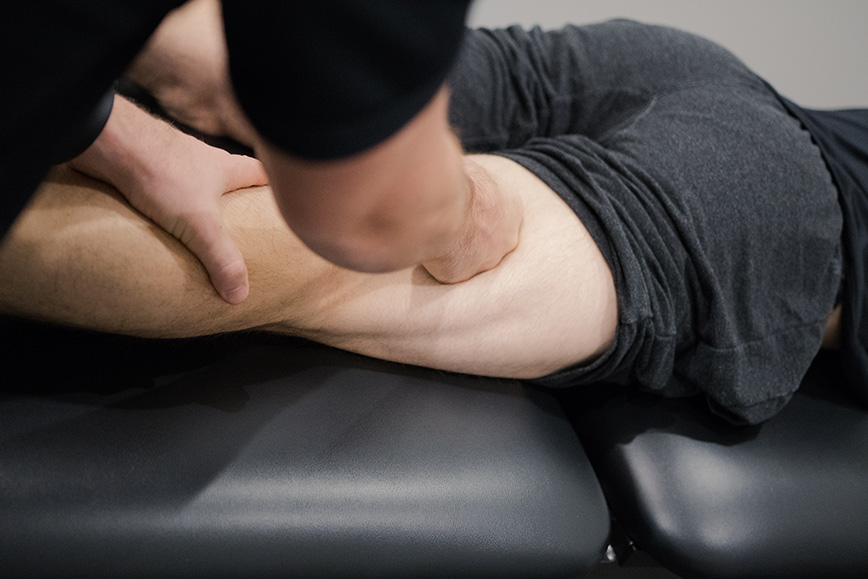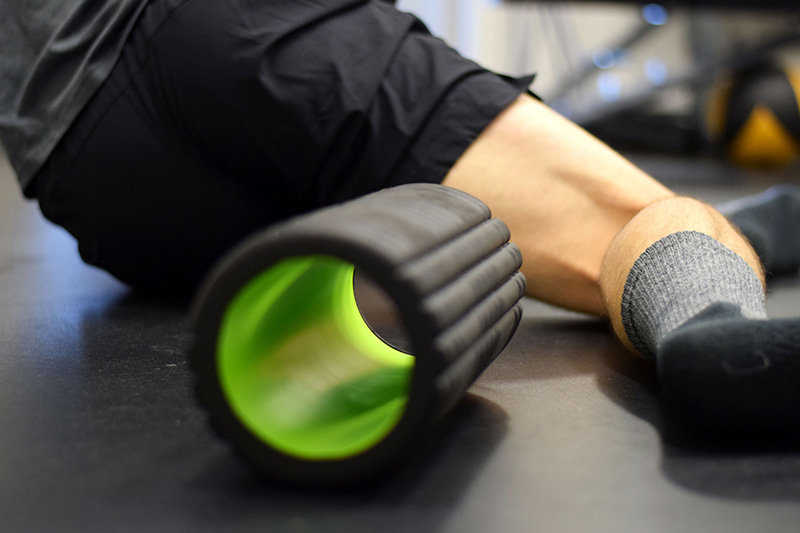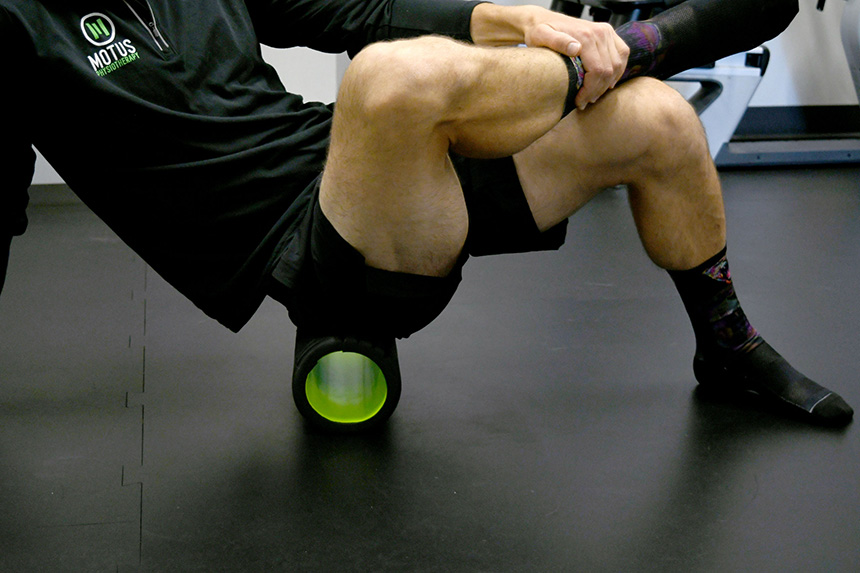Recovery is an often-hyped aspect of running performance, focusing on repairing, rebuilding, and strengthening the body after physical exertion – but are the current recovery trends actually useful? In this webinar for the Royal Victoria Marathon Virtual Speaker Series, physiotherapist Trevor Millar breaks down what we mean by ‘recovery’, and which of these techniques might be worth devoting some time to.
Fundamentals of Recovery
1. Addressing Common Areas of Overloading
Since joints and soft tissues in the feet, lower legs, knees, hips, and back often bear the brunt of run training, it is important to focus at least a portion of our recovery strategy on these areas.
2. Systemic Effects
The central nervous system (CNS) can experience fatigue from prolonged exertion, affecting overall performance and requiring adequate recovery time. This CNS fatigue can be accompanied by general muscle soreness, a common post-exercise occurrence that signals the need for muscle repair and recovery.
3. Mental Preparedness
Mental readiness is a vital component of running performance, influencing focus, motivation, and resilience. Just as the body needs recovery, the mind requires rest and rejuvenation to handle the pressures of competition and training.
Recovery Techniques
In this talk, Trevor discusses the latest research around the hottest and most used recovery techniques, including:
- Self-Myofascial Release (SMR) and Soft Tissue Mobilization
- Cold Therapy/Cold Water Immersion
- Stretching – Static vs. Dynamic
- Self-Mobilization
He also touches on a few strategies to improve your body’s capacity for exercise, and hopefully reduce the need for recovery time. These strategies include:
- Foot Strengthening Exercise, and
- Strength Training
Finally, he shares some of the advice he regularly gives his patients, and shares his recommendations for how all runners might integrate some or all of these techniques into their programs. As any coach or therapist will tell you, rest is a critically important part of a good run training program. Find out how recovery techniques might be able to help as well!










